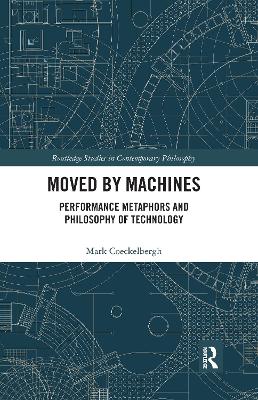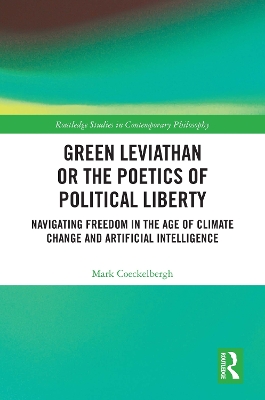Routledge Studies in Contemporary Philosophy
2 total works
Given the rapid development of new technologies such as smart devices, robots, and artificial intelligence and their impact on the lives of people and on society, it is important and urgent to construct conceptual frameworks that help us to understand and evaluate them. Benefiting from tendencies towards a performative turn in the humanities and social sciences, drawing on thinking about the performing arts, and responding to gaps in contemporary artefact-oriented philosophy of technology, this book moves thinking about technology forward by using performance as a metaphor to understand and evaluate what we do with technology and what technology does with us.
Focusing on the themes of knowledge/experience, agency, and power, and discussing some pertinent ethical issues such as deception, the narrative of the book moves through a number of performance practices: dance, theatre, music, stage magic, and (perhaps surprisingly) philosophy. These are used as sources for metaphors to think about technology—in particular contemporary devices and machines—and as interfaces to bring in various theories that are not usually employed in philosophy of technology. The result is a sequence of gestures and movements towards a performance-oriented conceptual framework for a thinking about technology which, liberated from the static, vision-centred, and dualistic metaphors offered by traditional philosophy, can do more justice to the phenomenology of our daily embodied, social, kinetic, temporal, and narrative performances with technology, our technoperformances.
This book will appeal to scholars of philosophy of technology and performance studies who are interested in reconceptualizing the roles and impact of modern technology.
This book discusses the problem of freedom and the limits of liberalism considering the challenges of governing climate change and artificial intelligence (AI). It mobilizes resources from political philosophy to make an original argument about the future of technology and the environment.
Can artificial intelligence save the planet? And does that mean we will have to give up our political freedom? Stretching the meaning of freedom but steering away from authoritarian options, this book proposes that, next to using other principles such as justice and equality and taking collective action and cooperating at a global level, we adopt a positive and relational conception of freedom that creates better conditions for human and non-human flourishing. In contrast to easy libertarianism and arrogant techno-solutionism, this offers a less symptomatic treatment of the global crises we face and gives technologies such as AI a role in the gathering of a new, more inclusive political collective and the ongoing participative making of new common worlds.
Written in a clear and accessible style, Green Leviathan or the Poetics of Political Liberty will appeal to researchers and students working in political philosophy, environmental philosophy, and the philosophy of technology.

